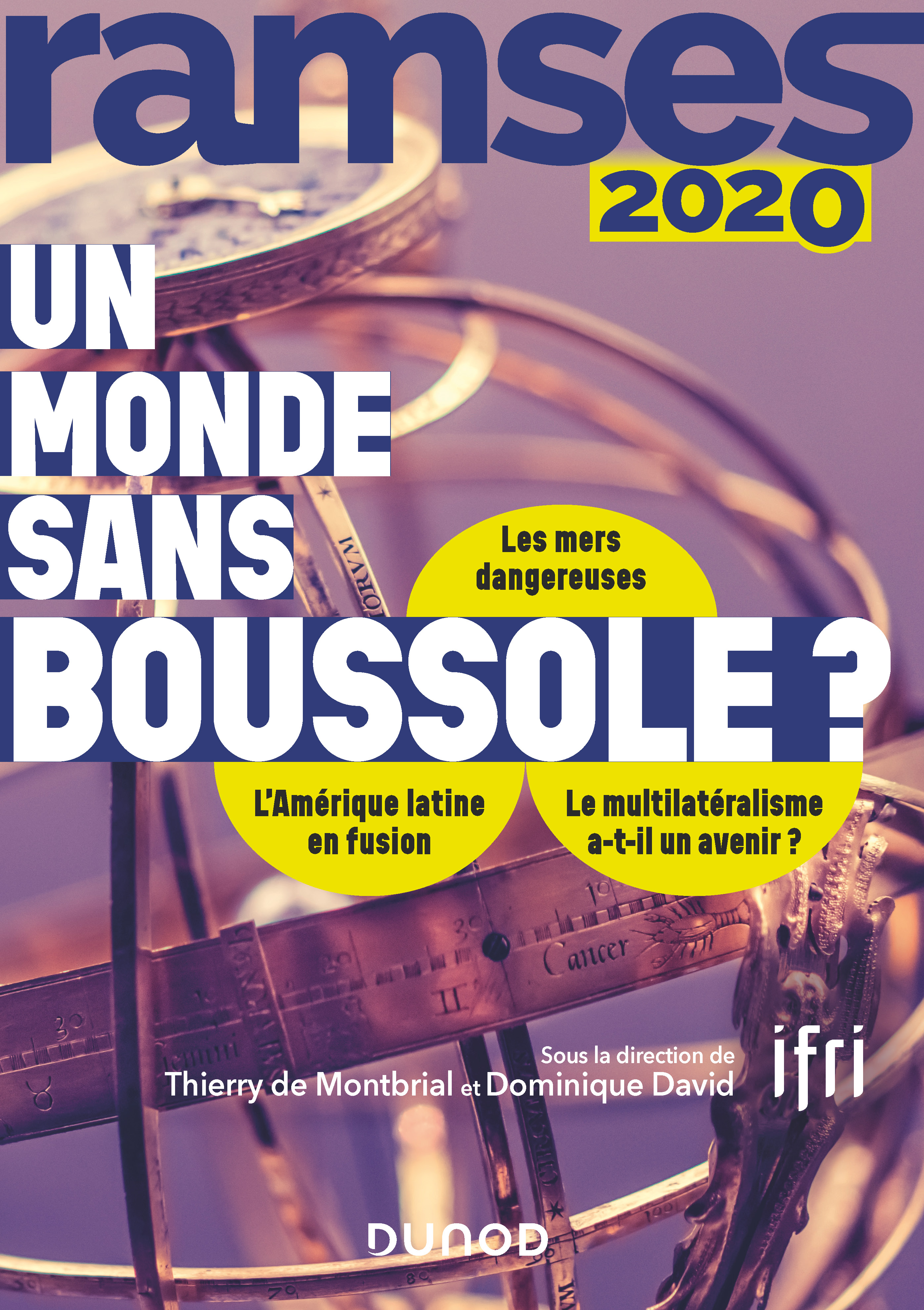Political Systems
At the end of the Cold War, the idea spread that liberal democracy was going to take over the world. In reality, authoritarian regimes have resisted, and political systems remain varied.


Battered by trade war, Merkel begins controversial China trip
Critics fear Germany could put European unity on the line. Angela Merkel will have to tread carefully on her visit to China this week to avoid tripping over Hong Kong and stepping on Germany’s car industry. Angela Merkel will have to tread carefully on her visit to China this week to avoid tripping over Hong Kong and stepping on Germany’s car industry.

RAMSES 2020. A World without a Compass?
RAMSES 2020. A World without a Compass?, written by Ifri's research team and external experts, offers an in-depth and up-to-date analysis of geopolitics in today’s world.
A Global Governance That Protects? Global governance and the defence of democracy
Global governance emerged to deal with the gap between the plurality and diversity of states and the collective and transnational nature of increasingly complex global affairs.
Another Story from the "Refugee Crisis". Resettlement in Small Towns and Rural Areas in France
Since 2015, refugee resettlement programmes have grown significantly in Europe becoming a key component of European asylum strategy. In 2017, Emmanuel Macron committed to resettle in France 10,000 refugees until the end of 2019. Refugees from Syria and Africa are increasingly welcome in small towns and rural areas.
Does a European diplomacy exist?
An interview with Thierry de Montbrial, Founder and Executive Chairman of the Ifri, on the occasion of his participation in the Trilateral Commission.
What is the state of democracy in Africa?
An interview with Olusegun Obasanjo, former President of Nigeria.
Democracy in Africa: A Long and Winding Road
The architecture of democracy is complex, coupling a legal framework to a social foundation that allows it to take root.
The Paradoxical Progression of Democracy in Mauritania
Mauritania's political system displays certain democratic qualities that go some way to meeting international standards.
Will There Be an Authoritarian Resurgence in Africa?
Elections are held on a regular basis in various African countries, but democracy is far from flourishing.
"Post-Conflict" Democratization in Central Africa: An Anatomy of Failure
To create a political shift that draws a line under conflict once and for all, it is not always enough to draft a democratic constitution and call elections.
Support independent French research
Ifri, a foundation recognized as being of public utility, relies largely on private donors – companies and individuals – to guarantee its sustainability and intellectual independence. Through their funding, donors help maintain the Institute's position among the world's leading think tanks. By benefiting from an internationally recognized network and expertise, donors refine their understanding of geopolitical risk and its consequences on global politics and the economy. In 2024, Ifri will support more than 70 French and foreign companies and organizations.












